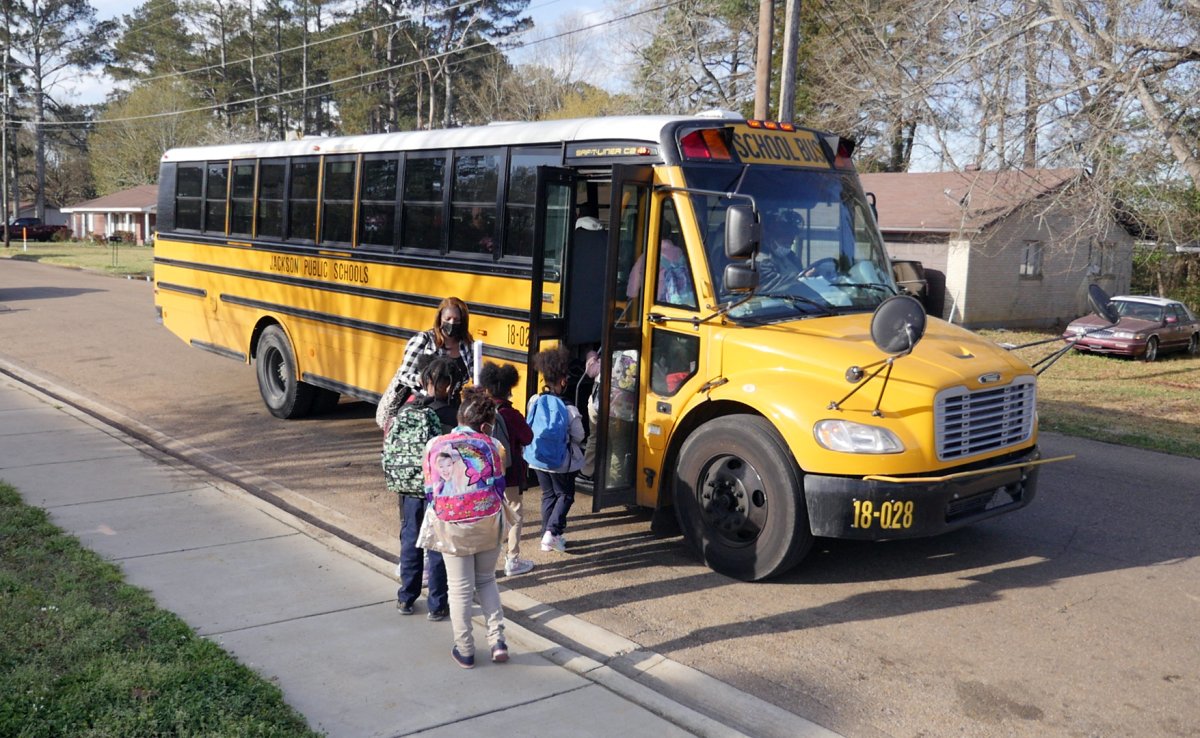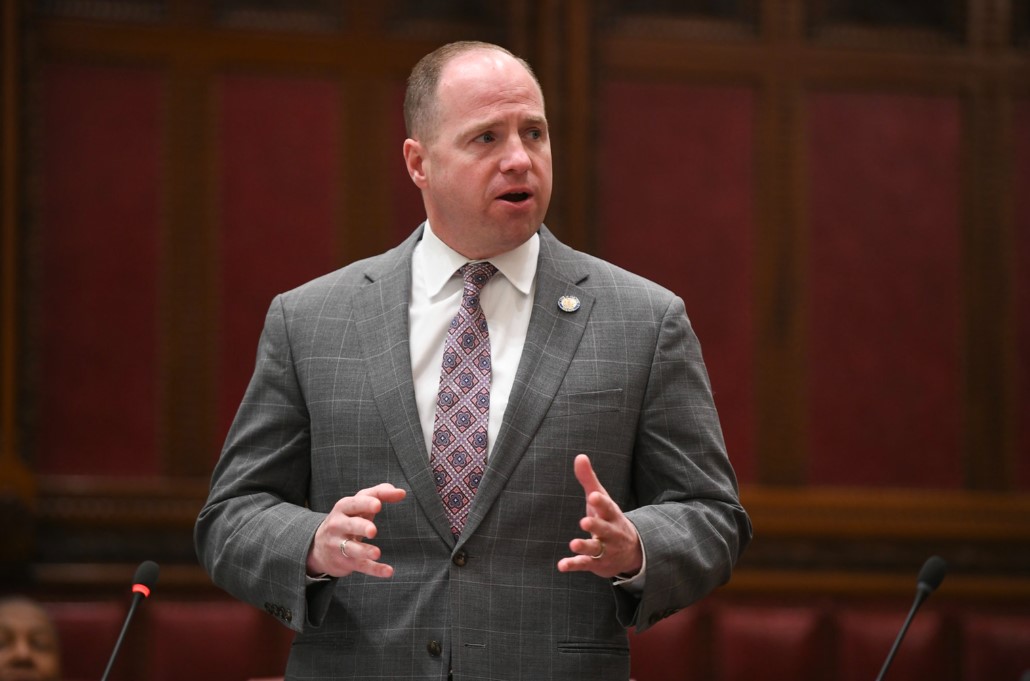A miracle has happened in Mississippi. Over the past 10 years, the state has bucked the national trend and shown incredible reading growth, in a state historically maligned for its educational shortcomings. How did we manage it?
That story goes like this: In 2013, Mississippi enacted a package of new literacy laws, which shifted the way Mississippians teach reading from sight-based instruction to phonics and the science of reading. The law overhauled how Mississippi schools approach literacy-based instruction in the classroom, provided more support to districts in need, and retained students in the third grade who couldn't pass a crucial state test. These laws built on the lessons learned from the Barksdale Reading Institute's crucial work in the state concerning the reading process and literacy instruction.
The focus on literacy as a state-wide initiative with a comprehensive strategy meant all teachers adopted the same approach to teaching reading. And as a direct result of these changes and laws, scores went up, and more students are reading at a proficient level in the state than ever before.
The narrative surrounding the Mississippi Miracle focuses primarily on elementary school students, but many of those kids have grown up and are now in high school. The first group of students, the guinea pigs for Mississippi literacy, took my high school sophomore English class last school term, so I had a front row seat to what it meant to our students. And while our successes have been immense, we can't lose sight of how much room we still have for improvement.

Take, for instance, a former student I'll call Nick, who bounced into my sophomore class last year reading with impressive speed and acuity. When Nick took his sophomore state test in English last May, he did so with absolute confidence and passed easily. He often comes by my classroom now to remind me and my new students of his accomplishments. He's proud of his score, and so am I. He is a success story of the Mississippi Miracle, one of many.
But then there's his classmate, who I will call Kayla. Kayla entered sophomore English last year with strong literacy skills but incredible test-taking anxiety. She knew this anxiety would hamper her ability on the state test, so she tried to outwork the problem. With meticulous attention to detail, Kayla worked harder than almost any student I've ever taught. She asked pointed questions on every assignment.
"Did I do good?" she'd ask, pointing to a graphic organizer.
"Perfect," I'd say.
During the sophomore test, those old test-taking fears flared up and Kayla came just a few points from a passing score.
We like to talk about the Nicks, but in our joy at our success, we can't forget the Kaylas.
Stories like Kayla's have been overlooked because of recent back and forth about whether or not Mississippi has made real progress in reading. Supporters have been busy defending Mississippi's success from critics who say we cooked the books. These naysayers accuse the Mississippi Department of Education of gaming the system by holding back low-performing students and thus increasing the average score by only testing students who are already reading at a proficient level.
Because the state's approach to literacy has been criticized so vocally, proponents of the reading laws have lately been forced to defend the data and demonstrate why the numbers reflect real, if sometimes modest, growth in Mississippi. Any admission that our approach needs improvement could provide fodder for pundits—and hurt students
The reality is, both arguments have merit. The reading gains in Mississippi are real and we have shown improvement across all demographics and all grades, no matter how you interpret the data.
This doesn't mean that we've solved the literacy problem or that all students are reading on grade level. It doesn't mean that we can't recognize our shortcomings and teach with a more intentional eye towards the whole student.
If we focus only on our success, we erase the real students who still need help.
I felt this failure when I handed Kayla her test results from last May.
"I don't want to take this test again," she said, her face falling. "I don't think I can."
I told her I was sorry and that I would do all I could to help, but that she would have to retake it in December. She crumpled the paper in her hand and tossed it in the garbage.
As she left my classroom, I took her test score out of the garbage and spread it across my desk. I studied the results, looking for ways in which she could improve her score on her second try. The next time I see her, I'll invite her back into my classroom so we can talk about some effective test-taking strategies.
Kayla may have failed a test, but she's not a number to be plotted across the x axis. In order for me to help her pass the test, I need to know her home life, understand what motivates her, help her set achievable goals for her future, and demonstrate that I care.
When Kayla passes the test in December, a goal I know she will reach, it won't be a miracle. Far from it. Instead, it will be the product of her dedication and a recognition from the educators around her that Mississippi still has work to do and students to serve.
The Mississippi Miracle is not a miracle, nor is it a mirage. It's a reflection of a 20-year commitment to increasing literacy among all children who call the Magnolia State home. We should celebrate these accomplishments, but not at the expense of real children across Mississippi who we've failed to help because we've ignored the whole child.
John Fredericks is the ninth and 10th grade ELA and AP English Literature teacher at West Tallahatchie High School in Webb, Mississippi and is a 2023-2024 Teach Plus Senior Writing Fellow.
The views expressed in this article are the writer's own.
Uncommon Knowledge
Newsweek is committed to challenging conventional wisdom and finding connections in the search for common ground.
Newsweek is committed to challenging conventional wisdom and finding connections in the search for common ground.
About the writer
To read how Newsweek uses AI as a newsroom tool, Click here.








